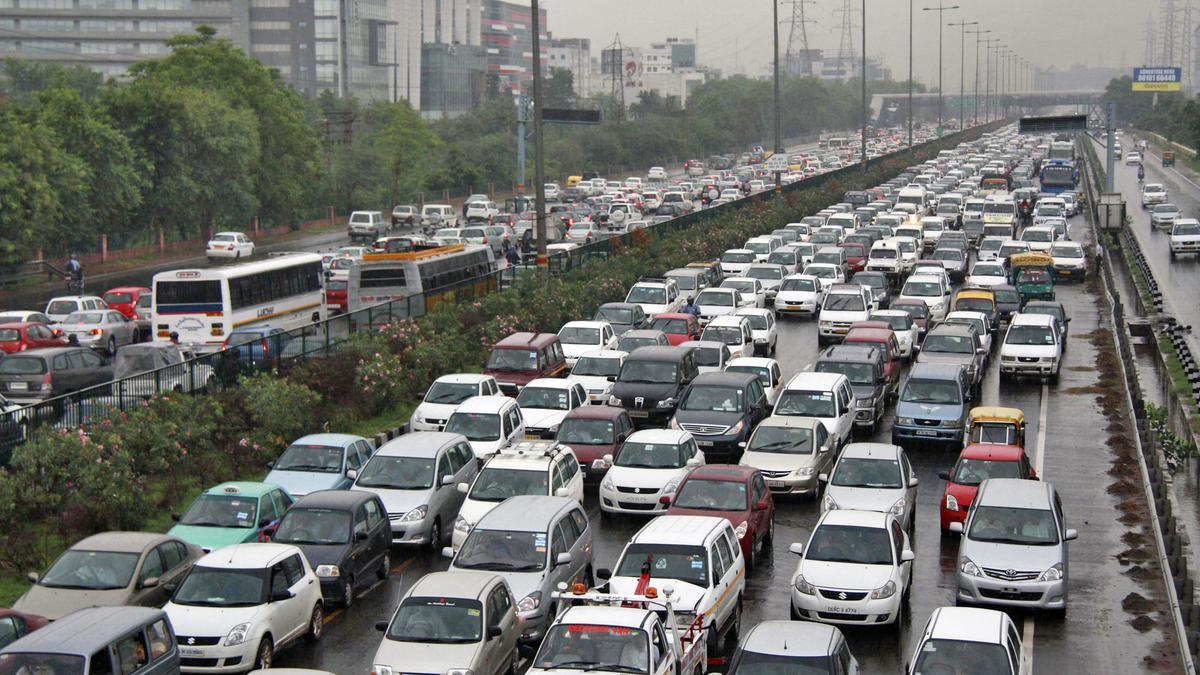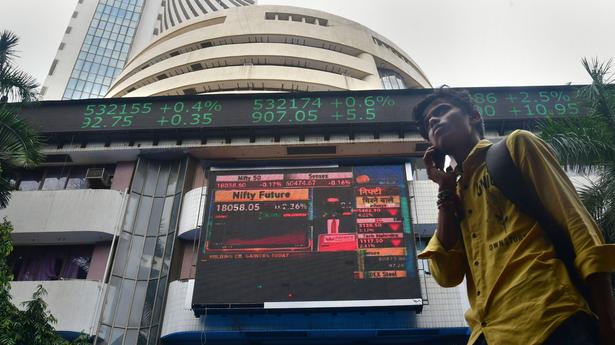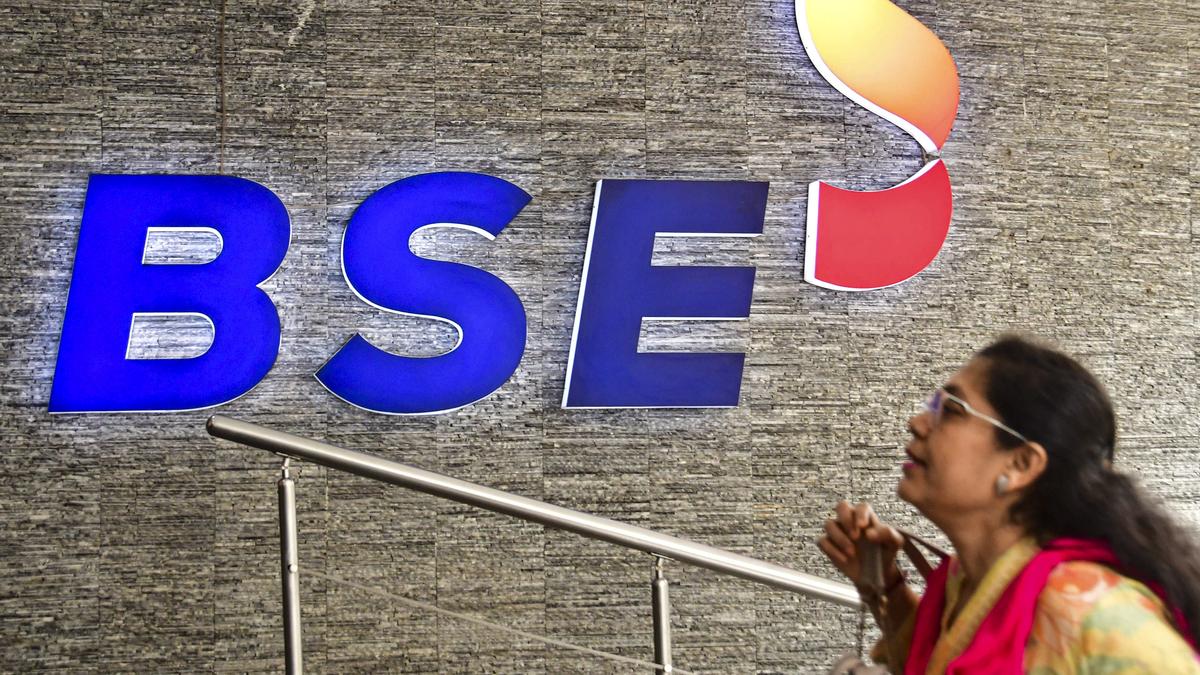The government is committed to ensure that capital expenditure will continue to support the economic growth momentum regained after the third COVID-19 wave, Chief Economic Advisor V. Anantha Nageswaran said on Friday.
The government had taken various steps — including lowering taxes, the continuation of privatisation, setting up institutions for sequestering bad loans and managing them, and launching an asset monetisation drive — to strengthen the real economy, he added.
“Given the ongoing sense of uncertainty among the private sector participants, both in banking and the non-banking world, the government is committed to making sure that capital expenditure continues (in) such (a way) that growth impulse that we have regained after the third wave is not surrendered,” Mr. Nageswaran said while speaking at a banking event organised by Financial Express.
In the previous fiscal, while the capital expenditure was budgeted at ₹6 lakh crore, the government managed to spend ₹5.92 lakh crore.
“And hence, for the current financial year, if the government is able to execute the capital expenditure of ₹7.5 lakh crore, then that is the biggest real economic intervention,” he said.
When asked about what other measures should be initiated to help the real economy, Mr. Nageswaran said the government would keep its eyes and ears open to respond to whatever situation arose but that all the steps would be well measured.
He said any intervention in the economy had a fiscal component to it, which in turn, would have an impact on interest rates, current account deficit and currency.
“We need to be aware of actions having consequences and whether consequences will complicate the situation or not. So, we need to be careful when we intervene. Are we going to make the situation worse or better? Accordingly, every step has to be thought through in terms of the second and third-order effects. So, that is why whatever we do going forward has to be measured and calibrated,” he said.
The chief economic advisor further said that among all other nations, India was better placed with respect to its midpoints in terms of the inflation outlook. Even on the growth outlook, the country was better than others.
He said the fact that the country was now very concerned about a 7% inflation rate was a good sign.
“We are becoming inflation intolerant and that is important to stabilise inflation expectations going forward and bring us back to the range of 4-6% (RBI’s inflation target) at the earliest possible opportunity as the global conditions permit. So, inflation intolerance is a good thing,” Mr. Nageswaran said.
Over the last two months, the Reserve Bank of India has raised the repo rate by 90 basis points in two tranches to 4.90% to rein in inflation, which has accelerated above its comfort zone of 4-6%.
Speaking about the banking industry, he said the sector had a very important role to play in sustaining the current growth scenario and turning the country’s relative advantage today into a source of absolute growth advantage over other nations.
He said that after recapitalisation, asset sales and balance sheet provisioning and normal growth, the country had a good and well-capitalised banking system.
“Presently, the banking system is on a good wicket,” he added.
To a query on whether banks, which are flush with liquidity, were really eager to lend, he said lenders were providing credit but cautiously.
“Naturally, there will be a source of caution on what is going on in the world. But, given the balance sheet strength and given the adequate provisioning and profitability, I do sense in both anecdotal conversations and as we see in the data, there is indeed willingness to lend,” he noted.






